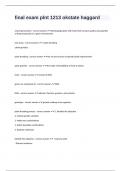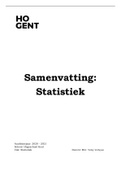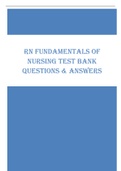Resume
Samenvatting van Tabel met Theorieën: Advanced Criminology
- Cours
- Établissement
- Book
Deze samenvatting is gebaseerd op de tabel met theorieën die wordt verschaft in het vak Advanced Criminologie. Alle theorieën worden gestructureerd uitgewerkt. Ik adviseer om naast deze samenvatting ook de relevante powerpoints van het vak door te nemen.
[Montrer plus]













